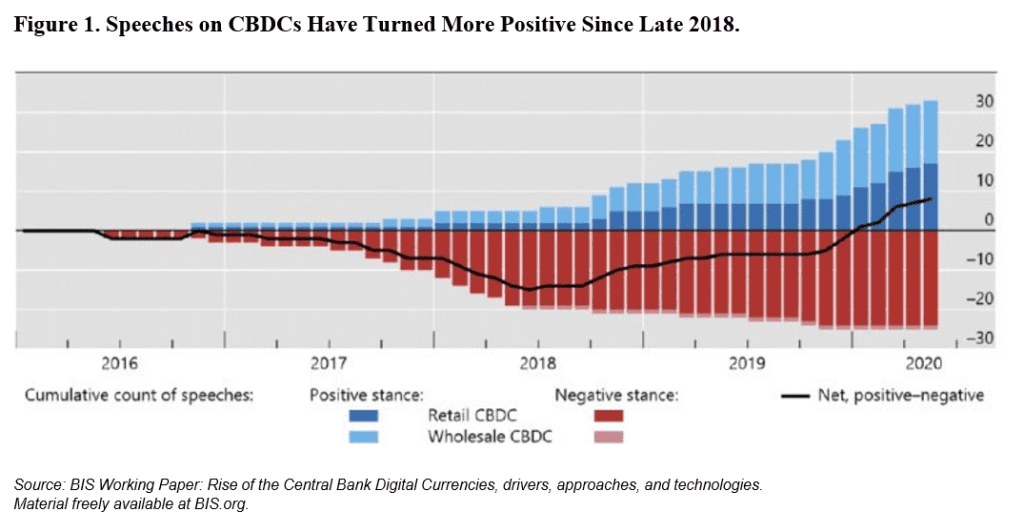The Deputy Director-General of the International Monetary Fund (IMF) The IMF has touted how central bank digital currencies (CBDCs) could be programmed to dictate what individuals are allowed to own, highlighting a model from communist China that uses data for credit rating. A Central Bank Digital Currency is not the only tool for competing with the Chinese Government. The digital Yuan developed by Chinas central bank appears to blend features from both an account-based and token-based system.
In account-based CBDC, the currency would represent deposits in a central bank or a delegated-agent bank (such as a commercial bank). In a token-based CBDC, the currency would represent cryptographically proven tokens issued by the central bank. Fed officials have proposed central payment processors, which also limit data that central banks process, said Neha Narula, Director, Digital Currency Initiative, Mit is.
Central banks must wrestle with how centralized they want to make the design and management of those payment systems. Prasad explained that other countries, like China, Japan, and Sweden, have begun testing digital currencies in other countries, like central banks in China.
The project speaks of tradeoffs among productivity, privacy and security, with dozens of governments exploring if central-bank-backed digital currencies could deliver benefits without introducing volatility in the crypto markets or new risks for the financial system. The list goes on — and a core complaint about the way Social Credit exists in the United States, unlike state-backed systems such as those in China, is that the systems used by private companies and technology firms are essentially black boxes. China’s social credit system is similar to American credit scoring, but in addition to lower credit limits and higher interest rates, poor Chinese social credit scores can result in being banned from traveling, from some schools, from luxurious hotels, from public office, and even from dating apps.
In May, China’s social credit system enforcement extended into the travel industry, restricting millions of Chinese citizens with poor social credit scores from buying airplane and train tickets. China has said all of the country’s 1.35 billion citizens will be vetted through its social credit system by 2020, and the travel restrictions on lower-scoring citizens are just one of the many that are coming. The bank responded by starting the beta testing of its DCCash payments system on private blockchains last year.
Shortly after Xis confirmation speech, China announced it plans to establish sovereign digital currencies, and an official Army spokesperson suggested a variety of use cases for blockchains in the military realm. Some of the online posts directed readers to Section 4 of the Executive Order, which focused on policies and actions related to the prospective Central Bank Digital Currency, or CBDC. It calls for the Federal Reserve to explore whether a central bank should establish its own digital currency, and orders Treasury and other federal agencies to study the effects of cryptocurrency on financial stability and national security. The affects of CBDCs on freedom are staggering and this centralized form of monetary system should be resisted if humanity is to remain free. This is why decentralized monetary integrity is needed and to prevent totalitarian control.






